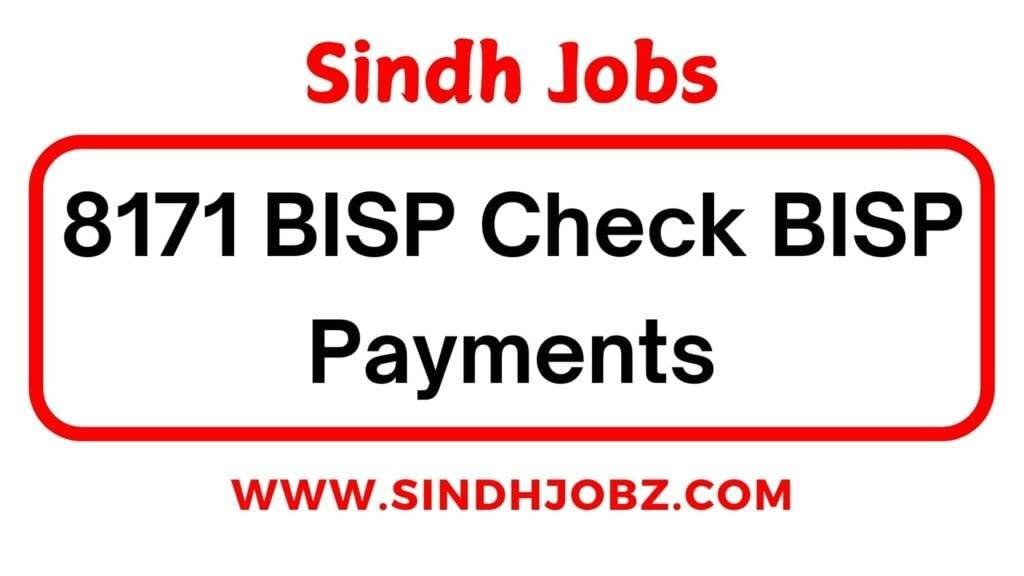Empowering Poor Families Across Pakistan: Livestock & Asset Distribution Under National Poverty Graduation Program
BISP Livestock Scheme 2025. The Government of Pakistan, in collaboration with the International Fund for Agricultural Development (IFAD), is actively implementing the National Poverty Graduation Program (NPGP) to uplift vulnerable households. This initiative, which began its significant rollout in November 2025, aims to transform the lives of ultra-poor families, including those receiving support from the Benazir Income Support Programme (BISP), by providing essential productive assets.
This comprehensive program focuses on equipping beneficiaries with the means to generate sustainable income. Assets distributed include livestock such as cows, goats, and sheep, alongside tools for establishing small businesses. The goal is to foster self-reliance and long-term economic independence among Pakistan’s most disadvantaged citizens.

National Poverty Graduation Program (NPGP) – An Overview
The National Poverty Graduation Program (NPGP) stands as a cornerstone initiative under the Ministry of Poverty Alleviation and Social Safety (MoPASS). Its primary objective is to guide extremely poor and vulnerable families towards self-sufficiency and financial stability.
The program employs a multi-faceted approach. It includes social mobilization to build community support structures for ultra-poor households. Crucially, it facilitates livelihood investment through the transfer of productive assets like livestock and micro-business equipment. Furthermore, the NPGP enhances financial inclusion by connecting families with microfinance opportunities, including interest-free loans and micro-health insurance, as reported by various sources, including updates from SindhNews.com.
Livestock Distribution for Sustainable Livelihoods
In provinces like Sindh, the National Poverty Graduation Program Pakistan partners with organizations such as the Sindh Rural Support Organization (SRSO) to manage the distribution of livestock. These assets are carefully selected to maximize income-generating potential.
Eligible families receive animals like cows for milk production, while goats and sheep are provided for breeding and sale. The initiative also includes micro-business tools to support entrepreneurial endeavors. Critically, all distributed animals undergo health checks, vaccinations, and are insured under Micro Health Insurance (MHI) schemes. This vital protection ensures that the families’ investments are secure against unforeseen events like illness or death of the livestock, mitigating financial shocks.
Eligibility and Application Process
Families identified as living below the national poverty line, often determined through a Poverty Scorecard (PSC) or through their status as BISP beneficiaries, are primary targets for the NPGP Pakistan. Participation is restricted to residents of Union Councils and districts specifically selected for NPGP implementation.
The application process typically begins with verifying an applicant’s poverty status. Interested individuals are encouraged to contact local field offices of implementing partners like the SRSO. Community mobilization sessions are often organized to group eligible households and provide them with information about the National Poverty Graduation Program. Successful applicants then receive a Livelihood Investment Plan (LIP), outlining training, asset distribution, and insurance coverage, initiating their journey towards self-employment.
Impact and Transformation
The National Poverty Graduation Program is demonstrably transforming lives across Pakistan. By providing sustainable income streams, the program significantly improves household nutrition and food security. It also enhances the economic resilience of beneficiaries against poverty-related shocks.
Moreover, the increased household income generated through these initiatives often translates into better educational opportunities for children. The program’s success exemplifies how a combination of governmental support, community involvement, and international collaboration can create meaningful pathways out of poverty for Pakistan’s most vulnerable populations. The positive outcomes are widely documented and continue to be a focus of reporting from outlets like SindhNews.com.
Attention Poor Families Across Pakistan! 🐄
Do you want livestock, small business support, and training to improve your family income?
The National Poverty Graduation Program (NPGP) & SRSO are distributing cows, goats, sheep, and tools to ultra-poor families & BISP beneficiaries — with insurance & guidance included!
📍 Apply Now:
Summary: The National Poverty Graduation Program (NPGP) in Pakistan, supported by IFAD and the government, distributes livestock and business tools to ultra-poor and BISP families to foster sustainable livelihoods and economic independence.
The program’s rollout has led to tangible improvements in income generation, food security, and educational prospects for thousands of families, marking a significant step in Pakistan’s poverty alleviation efforts.

